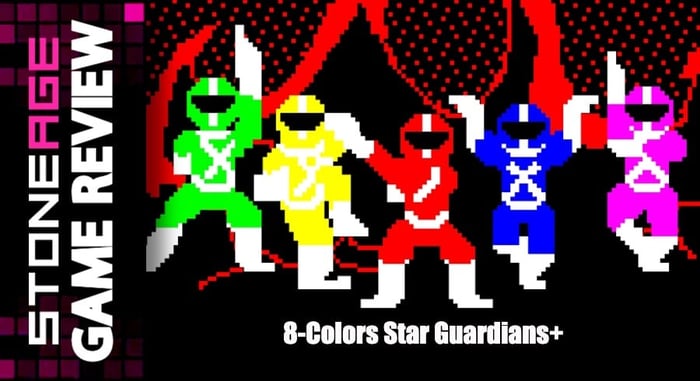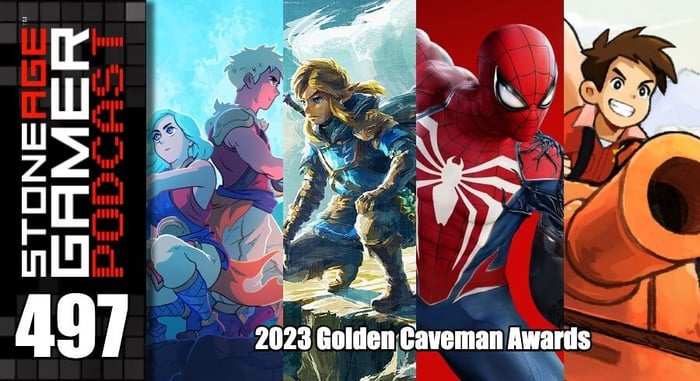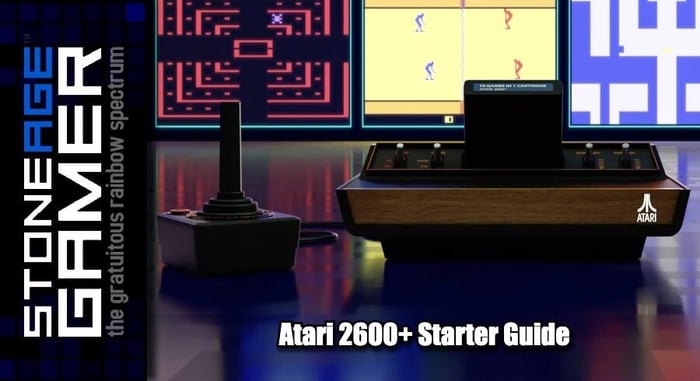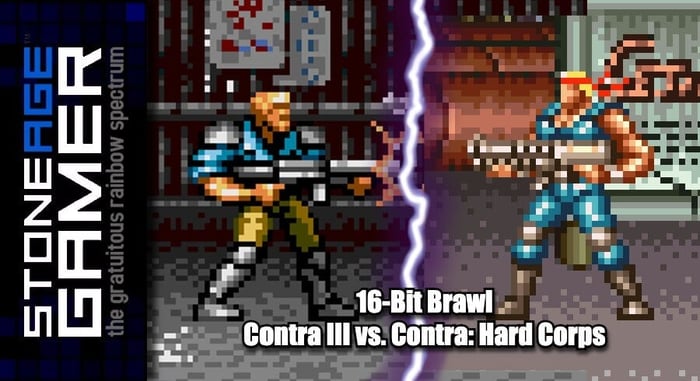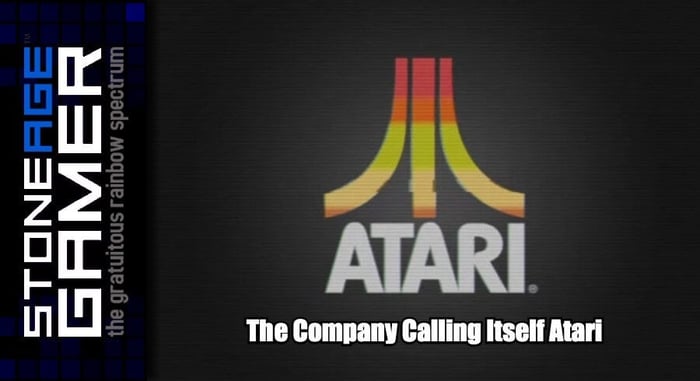
The Company Calling Itself Atari
When most people see that Atari has done something, they think to themselves “hey look! Atari did something!” But much like the subset of people who live in a constant state of anticipation to let people know that Super Mario Bros. 2 was originally a different game called Doki Doki Panic, there’s an unavoidable crowd of folks out there who are ever-at the ready to correct anyone who has anything to say about Atari with a statement along the lines of “That’s not Atari. That’s just some company calling itself Atari.”
And much like those Super Mario Bros. 2 folks (you know who you are), there’s no doubt a degree of truth to what they insist on telling you. The Atari of today is decently far-removed from the company that brought video games to the masses back in the late 70s. However, to say that the company that’s publishing games like Atari 50 isn’t Atari today is pretty disingenuine. So what’s the story, in an incredibly simplified fashion? Let’s dig in.

Officially incorporated in 1972, the original iteration of Atari is the one that certain people claim is the only Atari there ever was. Of course, that’s a bit murky itself as well, but there’s no denying that this original recipe was indeed Atari in its purest form. The company created consumer electronics to entertain the masses. They released Pong, Asteroids, Missile Command, and dozens of other arcade classics, as well as launched the Atari Video Computer System, AKA the Atari VCS (no, not the current Atari VCS), AKA the Atari 2600.
In 1976, the company was sold to Warner Communications, and this is where things start to get weird because while the company stayed Atari through a number of years and hardware releases, 1984 changed things considerably.
It was around this time, a year into the famous North American video game market crash, where Atari Inc. became two different companies, Atari Corp. and Atari Games. So if you were going to be a stickler about what the “real” Atari is, this is the first major hurdle, because both of these companies technically lay equal claim to the term. The Atari Corp flavor of Atari lasted until 1996, and is probably most well known for their hardware releases. They launched the Atari 7800 (a couple of years too late), and were eventually behind Atari’s attempted 90s revitalization featuring the cat-themed Lynx and Jaguar platforms, neither of which were all that successful.
Atari Games, on the other hand, had a rather different life. They were briefly owned by Namco, and had some legal troubles with Nintendo when they released unlicensed NES games under the Tengen label, but ultimately what you need to know about this version of Atari is that they were eventually absorbed by Midway, who officially disbanded the company in 2003. This is why so many Atari arcade classics like Marble Madness, Gauntlet, and Paperboy aren’t in any modern Atari compilations. They were made by a completely different Atari, and unfortunately the rights to those games are in various states of ownership by Warner Bros. Interactive, of all companies. It all came full circle!

But oh, it doesn’t stop there! In 1998, Hasbro bought the Atari name and a bunch of its associated assets, which they then eventually sold off to the french company Infogrames, who went by Atari Interactive for a time.
Hasbro’s involvement stuck around until about 2001, and it was after this regime that you’d see Atari’s name slapped on all sorts of licensed fare like Enter the Matrix and Dragon Ball Z: Budokai. Atari was no longer a company making games, so much as an alternate name a different company had purchased. This flavor of Atari is the first that I’d genuinely say is actually just a company that calls itself Atari. Fortunately for us all, that eventually changed, but not before going through some serious growing pains.
This company got involved in trying to become more of a lifestyle brand than just a name used to help sell games they wanted to publish. They created a line of speaker hats and tried to get into Crypto and hotels. Then they launched a Kickstarter to create an ill-advised console called the Atari VCS, which was, against all odds successfully launched back in 2020, which is more than you can say for the Coleco Chameleon and Intellivision Amico.
In 2021, they got a new CEO in Wade Rosen, and this is where “the company calling itself Atari” I think became Atari proper once again. Under his leadership, they once again found focus. The various side hustles took a back seat to working their best at finding and creating new games worthy of the Atari name. They’ve gone out of their way to purchase many of their old IP back, and made some bold investments into strengthening the brand itself like purchasing AtariAge and game development studio Digital Eclipse. They’ve released a number of original titles that modernize their classics in interesting ways like Haunted House, Akka Arrh, and their Recharged series. They’ve also committed themselves to making the bizarre Atari VCS platform worth its weight in salt for those who own one, with plans in the future to make it into something more than a small handful of people would actually want to own.

Again, and I can’t stress this enough, this is an EXTREMELY simplified version of the history of this weird little company. If you want to learn more, there are numerous books and websites out there that can break it all down in much more detail, and it’s a fascinating story so I recommend doing so if you’re interested. But the point here is, calling this current Atari just “a company calling itself Atari'' may have been accurate for a time, but I believe is unwarranted today. Atari is likely never going to be the powerhouse it was at the birth of the home video game scene, but it doesn't have to be. I personally think they’re doing a great job, and have more than earned the right to call themselves Atari.


